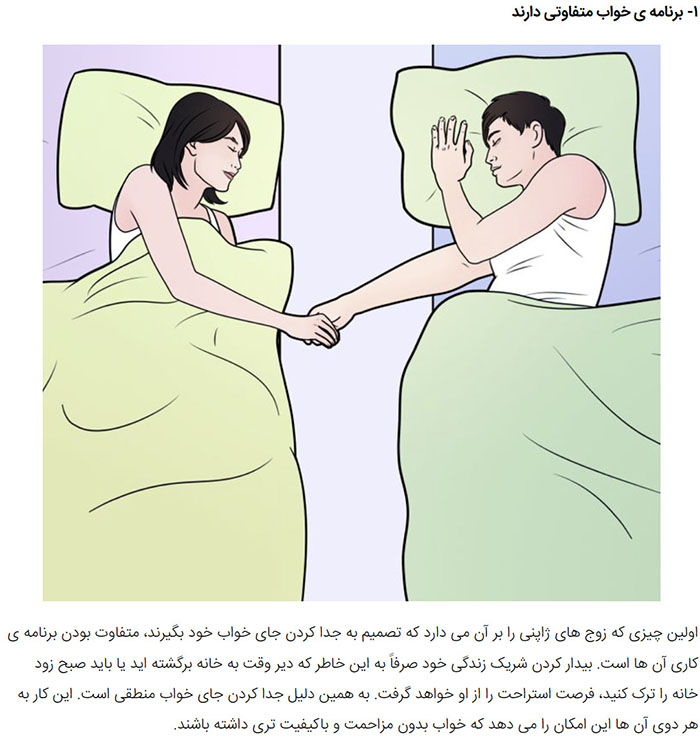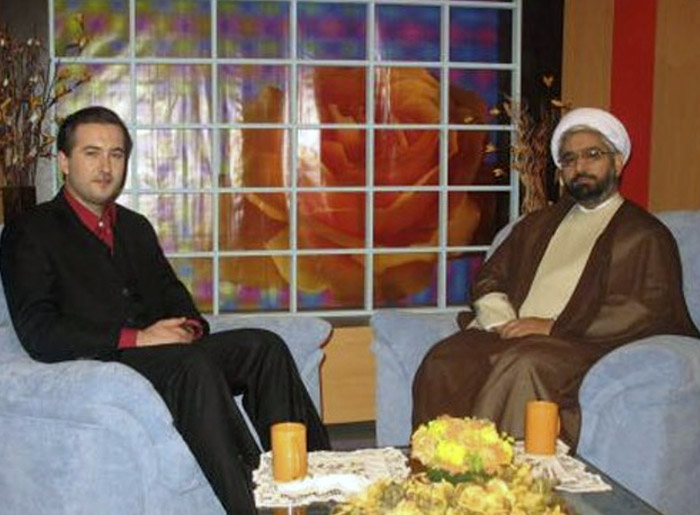4 Insights into the Japanese Tradition: Why Many Married Couples Prefer Sleeping Separately – Unraveling Cultural Nuances
Introduction: In Japan, the tradition of married couples sleeping separately is a cultural norm deeply rooted in practical considerations and historical influences. Let’s delve into the reasons behind this unique practice and understand the insights it offers.
Divergent Sleep Schedules – A Practical Choice: One of the key reasons Japanese couples choose separate sleeping arrangements is their divergent work schedules. Long working hours often lead couples to return home at different times, disrupting each other’s sleep. To ensure undisturbed and healthier rest, sleeping separately becomes a logical choice.
Exploring Divergent Sleep Schedules: Japanese society is known for its demanding work culture, with long hours being the norm for many professionals. This often results in couples having different work schedules, making synchronized sleeping patterns challenging. In such cases, the decision to sleep separately becomes a practical choice, allowing each partner to maintain their individual sleep routines without disturbing the other.
The Significance of Co-Sleeping: Beyond practical considerations, co-sleeping with children holds deep cultural significance in Japan. Mothers view this practice as a crucial bonding experience with their offspring. As a result, fathers are faced with the decision of whether to share the same bed, accommodating the family unit, or opt for a separate sleeping arrangement. This cultural emphasis on family bonds and child-rearing influences the dynamics of marital sleeping habits.
January 26, 2024 | 5:51 pm




